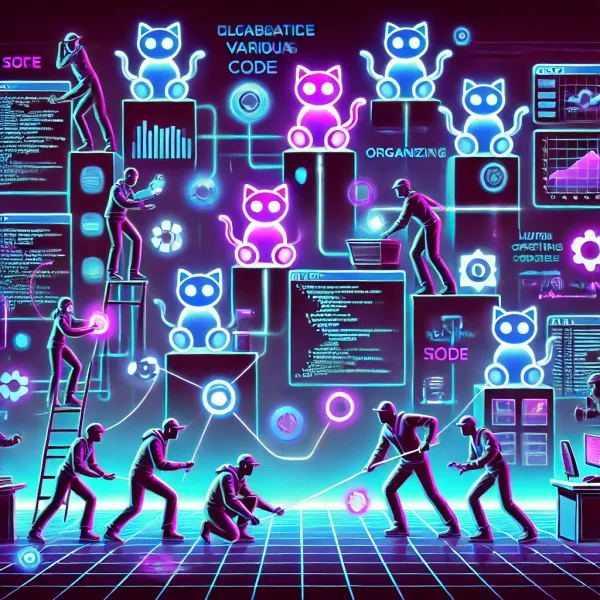Effective Task Delegation in Dev Teams
Learn effective task delegation in dev teams. Match skills, empower autonomy, communicate clearly, and build team trust.

Task delegation isn't just a managerial duty. It's an art. Mastering it can skyrocket your team's productivity and foster growth. Yet, many struggle with the nuances of delegation.
So, how do you delegate effectively in a development team? Here are the essential strategies you need to implement.
🔑 Key Takeaways 🔑
- Match tasks with the right team members based on their skills.
- Focus on goals and outcomes rather than micromanaging.
- Empower your team with autonomy and decision-making authority.
- Communicate clear expectations and maintain open lines of communication.
- Foster trust and build a supportive culture.
- Utilize project management tools for efficiency.
Choosing the Right Person
Delegation starts with understanding your team. Match tasks to the right individuals. This means considering their skills, expertise, and interests. When the right person tackles the right task, efficiency skyrockets. Plus, team members feel more engaged and motivated.
Focus on Goals and Outcomes
Micromanagement stifles creativity. Instead, focus on the end goals. Clearly communicate what needs to be achieved. Let your team decide how to get there. This approach nurtures innovation and problem-solving.
Empowerment and Autonomy
Give your team members the authority to make decisions. Empowerment is key. Define their level of autonomy. Ensure they have the resources and support needed to thrive. When people feel ownership over their tasks, they perform better.
Clear Expectations and Communication
Set the stage for success with clear expectations. Provide detailed task information. Include the purpose, deadlines, parameters, and desired outcomes. This clarity prevents misunderstandings and equips your team for success.

Feedback and Check-ins
Establish a feedback loop. Regular check-ins are crucial. Discuss progress, provide guidance, and address challenges. This builds trust and encourages continuous improvement.
Alignment with Career Goals
Delegate tasks that align with your team members' career aspirations. Engagement and growth go hand in hand. When tasks resonate with personal goals, team members are more invested in their work.
Monitoring and Adjusting
Keep an eye on progress. Be flexible in your approach. If a task isn’t progressing as planned, adjust your delegation strategy. This ensures alignment with evolving team needs.
Building Trust and Culture
Trust is the backbone of effective delegation. Foster a culture of transparency and respect. When team members feel trusted, they take ownership of their work. This accountability leads to better outcomes.
Tools and Resources
Leverage project management tools. Streamline your delegation process. These tools provide visibility into tasks and ensure everyone has access to necessary resources. This enhances productivity and keeps the team aligned.
Development and Growth
Remember, delegation is an investment in your team's future. It's about growth and development. By assigning challenging tasks, you help team members acquire new skills. This builds a resilient organization ready to tackle any challenge.
Avoiding Micromanagement
Once you've delegated, step back. Trust your team to work independently. This not only frees you up for critical tasks but also empowers your team to excel. Micromanagement can kill motivation; let your team shine.
Effective task delegation in development teams is not just a technique—it's a mindset. Implement these strategies, and watch your team's productivity soar. You’ll not only enhance team dynamics but also foster an environment ripe for growth and success.
For more tips on improving your development team's efficiency, check out these related articles: Task Prioritization in Software Development, Time Management: Preventing Burnout, and Managing Multiple Dev Projects.




